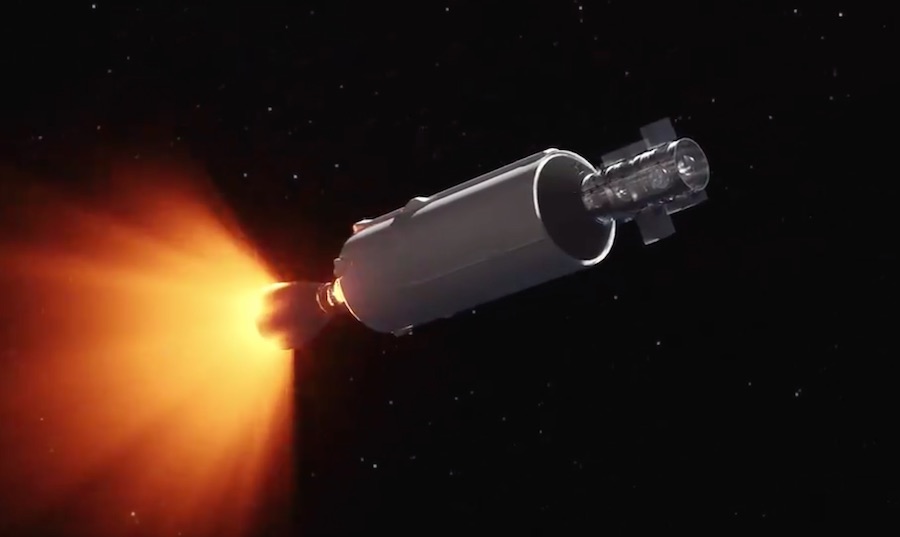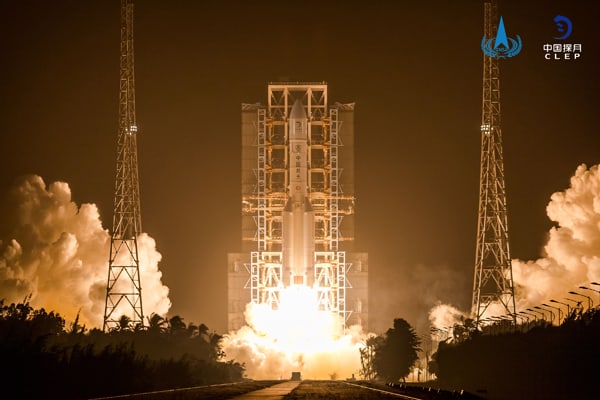A piece of space junk has formed a giant crater into the lunar surface, the first occurrence of its sort. A lost rocket stage traveling through outer space since at least 2015 smashed with the Moon about 7:25 a.m. ET on March 4.
The errant rocket was destroyed, leaving a crater on the lunar surface and releasing a cloud of sharp, toxic material into orbit, which might last for hours. Unfortunately, humans couldn’t observe the action because the rocket blasted into the Moon’s far side, creating the 350-mile-wide Hertzsprung crater, and lunar orbiters missed the rocket’s impact.

Astronomers think the derelict rocket stage was part of China’s Chang’e 5-T1 mission, an early test of a lunar sample-return program initiated in 2014.
The rocket’s impact did not harm anything other than the lunar surface, regardless of where it originated from.
“It’s not a big deal at the current level of occupation of the Moon, which is currently population: robots, a couple of dozen; humans, zero. And maybe alien mutants grown from the human poop left there,” says astronomer Jonathan McDowell of the Harvard-Smithsonian Institute for Astrophysics. “There’s not much for it to hit.”
That is unlikely to be the case in the future. Humans are resuming their efforts to create lunar bases on the surface or in orbit, to create bases on the Moon’s surface or in orbit. Private corporations are joining countries that have already transported equipment to the Moon. So even if this accident isn’t a major concern, the next one might be.

As asteroid tracker Bill Gray spotted the collision path in January, the mystery object was associated with SpaceX. However, he corrected himself a month later, claiming the mystery object was not a Falcon rocket upper stage from the 2015 launch of a deep space climate observatory for NASA.

Gray stated that the WE0913A object was most certainly the third stage of a rocket from the Chang’e 5-T1 mission, while Chinese ministry officials noted that the top stage had re-entered Earth’s atmosphere and burnt up.
However, there were two Chinese missions with identical names — the test flight and the lunar sample return mission in 2020, and US watchers suspect the two were mixed up.

In January, the US space agency indicated that it planned to investigate the crater, however finding it would be challenging and may take “weeks to months.”
It is not entirely uncommon for rocket stages to be abandoned in space after a mission has been completed. However, this would be the first time that an unintended collision with the Moon has been predicted.
Humans have also crashed spacecraft onto the Moon on multiple occasions, sometimes for scientific purposes and other times after lunar missions.


